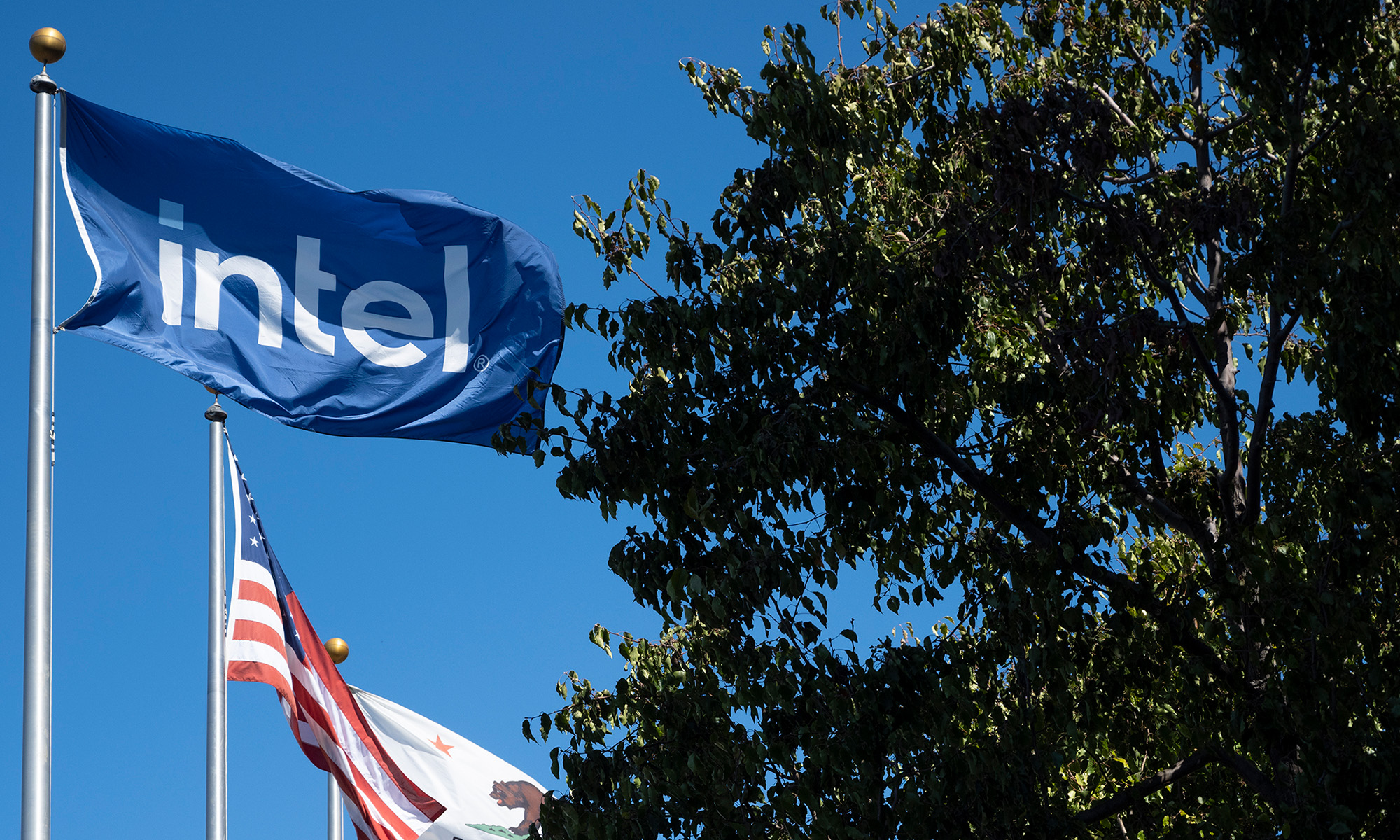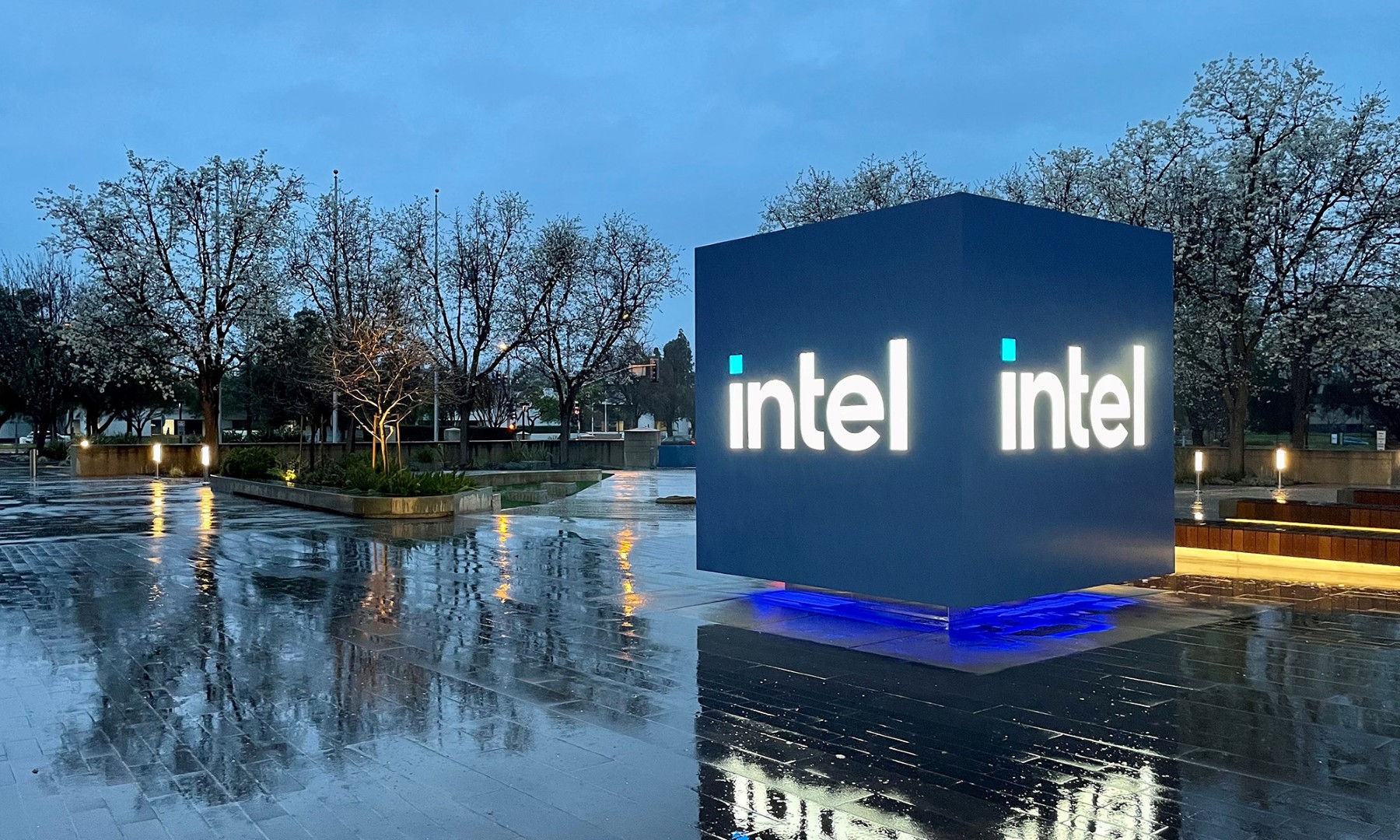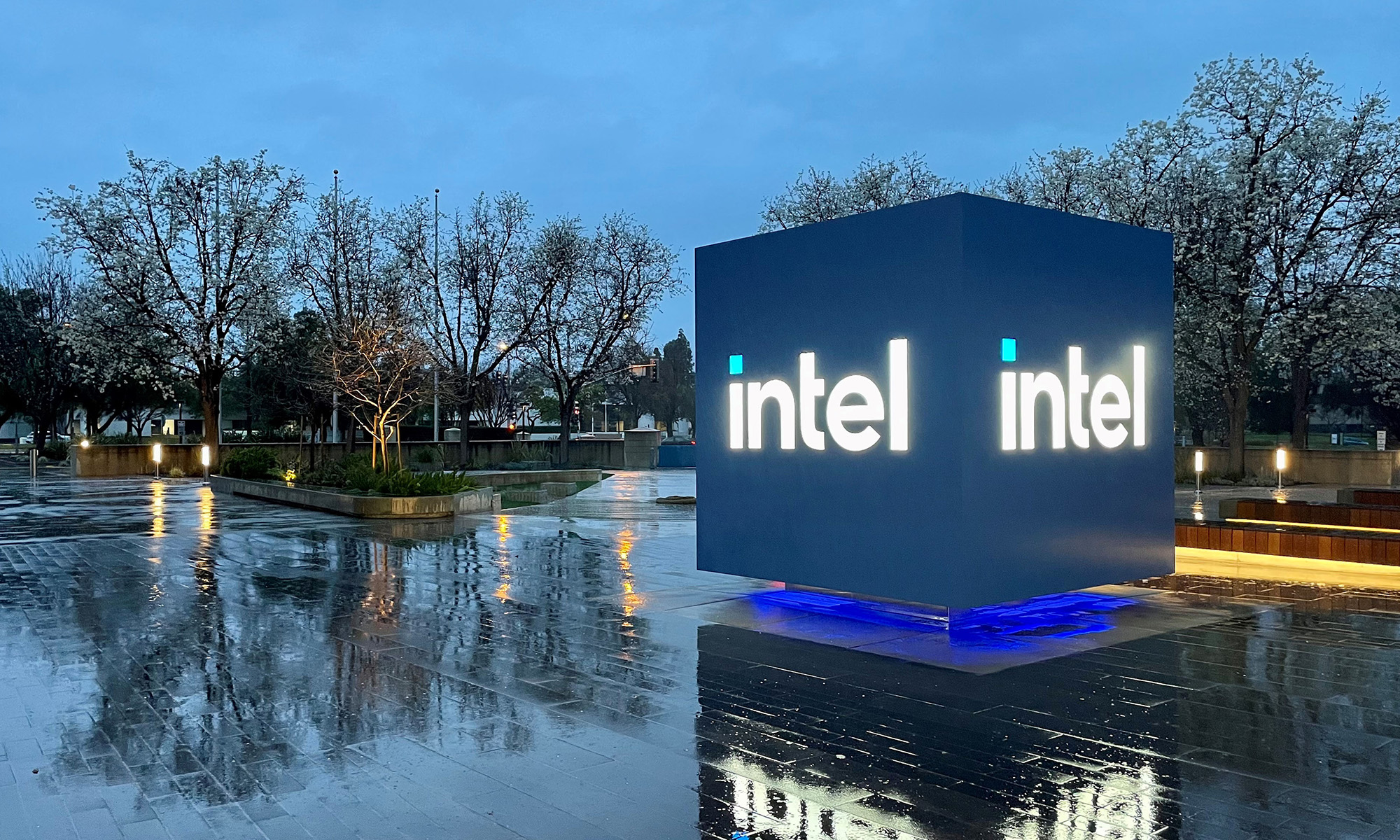When Intel (INTC +10.90%) CEO Paul Otellini made the surprising Nov. 19 announcement that he was retiring, effective in May, investors were not amused. The 3.5% drop in Intel's share price at the open made it clear this is no time for uncertainty, especially after disappointing shareholders for much of the year.
Otellini helped ease some of the concerns surrounding Intel's future Dec. 5, when he took the stage at the Sanford C. Bernstein Conference. Though he doesn't have a say in who will fill his shoes this spring, as he put it:
I'm very comfortable with the internal candidates and the track record of internal versus external in our industry shows pretty clearly you want to stay inside if you can.
He got that right
Intel is in the midst of a major, strategic shift in business philosophy. A knock on Otellini is that he took too long to initiate the shift; but initiate it he did. As the PC market continues its precipitous decline, Intel's shift to mobile computing is getting under way. It's further along in its efforts to dominate the server and enterprise markets within the cloud, but there are still strides to be made there, too.
Recent discussions involving Intel taking over Samsung's role in manufacturing ARM chips for Apple's (AAPL +0.13%) iPhones, along with news that Intel may buy into Sharp's mobile display technologies, are two of the more recent indications that Intel's serious about its new direction.
Then there's Intel's new Ultrabook with Windows 8. The upcoming fourth generation Haswell processor will be added to Intel's Ultrabook's in 2013. The Haswell processor is said to increase processing speed, even as it consumes less power -- which could be a mobile computing game-changer for Intel.
Keep it in-house
With the challenges that Intel is facing -- meeting its internal strategic initiatives, and preparing to take on some of the world's mobile computing heavyweights -- finding Intel's successor inside makes a lot of sense. As Otellini put it, going outside Intel will take a new person "two years to figure out the culture and people and how systems work and stuff like that." As fast as mobile computing markets move? Intel doesn't have two years.
The challengers to Intel include Qualcomm (QCOM 2.19%) and NVIDIA (NVDA 0.05%), two mobile chip makers expected to buck the trend and actually grow sales in 2012, according to industry research firm IHS. Both have been playing the mobile game much longer than Intel. As discussed in this article, Qualcomm is actively pursuing opportunities to further its leadership position, too.
There are too many critical business decisions and potential deals in the works to wait for an outsider to "get up to speed." A possible deal with Apple alone, according to RBC analysts, could generate as much as $2 billion in revenue the first year. And now there's news that Motorola's new RAZR smartphone, with Intel's Atom processor inside, is being released in Ireland, with a host of new features. Intel is rolling out new cloud, enterprise, and server solutions seemingly daily.
Otellini got the ball rolling, and now there's too much riding on the outcome to put anyone other than an Intel insider at the helm. Sure, he or she will put his or her own stamp on Intel -- that's to be expected. But Intel doesn't need anyone to drastically alter what's already in the works. Given time, Intel will dominate, just as it always has.









